8 Afternoon Pick-Me-Ups That Aren’t Coffee

It hits like clockwork. Somewhere between lunch and dinner, your brain fogs up, your eyes droop, and your energy flatlines. Most people reach for another cup of coffee, but that only goes so far—and too much caffeine can mess with your sleep, mood, and gut. The good news? There are other ways to get that boost you need to power through the rest of your day. These eight pick-me-ups are simple, cheap, and won’t leave you jittery or crashy. Even better, they’re backed by science and easy to weave into any afternoon routine.
Eat a Handful of Nuts
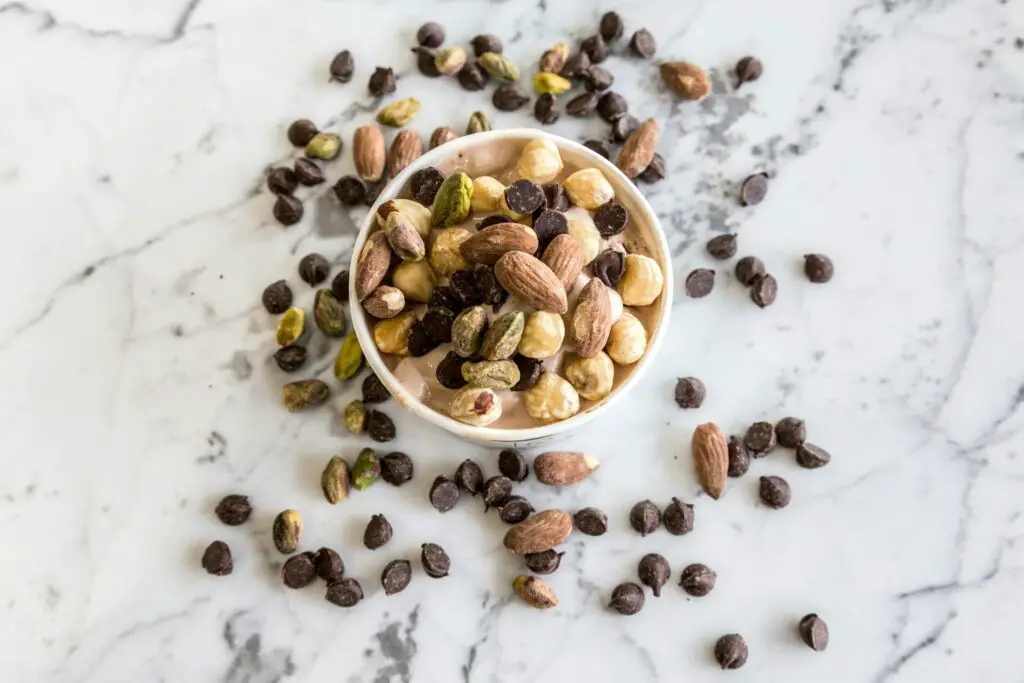
When your brain gets foggy, it’s often because your blood sugar has dipped. Nuts—like almonds, walnuts, or cashews—offer a fast, healthy fix. They’re packed with protein, fiber, and healthy fat, which help keep your energy steady. Plus, they’re full of magnesium, which helps with focus and mood. A small handful is enough. Keep a stash at your desk or in your bag for quick bites on the go.
Step Outside for 10 Minutes
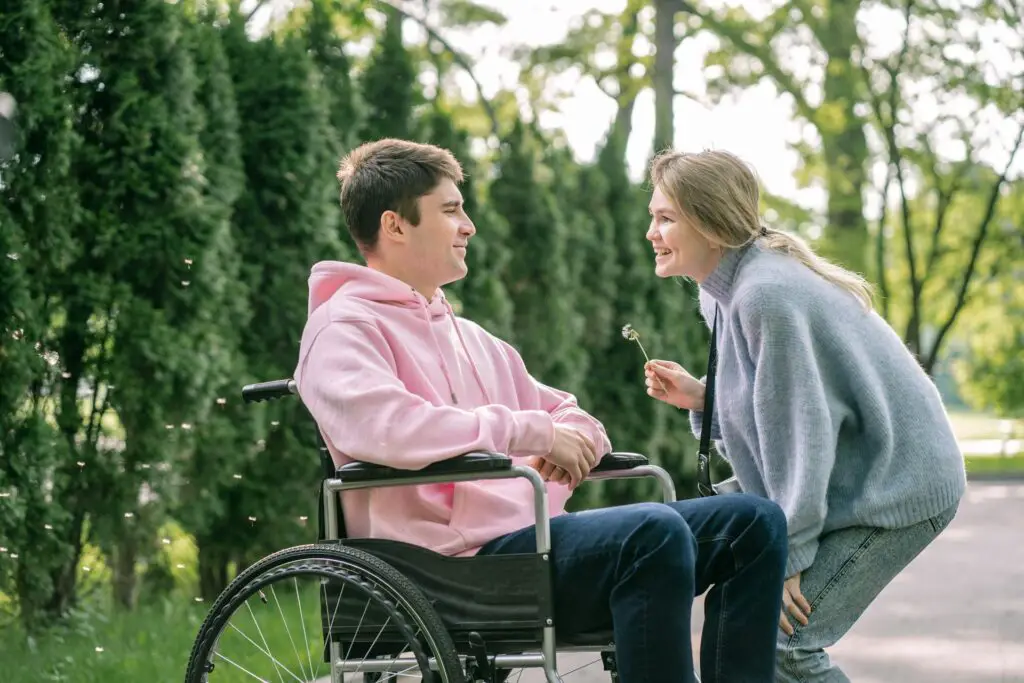
Sunlight and fresh air can lift your energy fast. Just ten minutes outside can reset your brain, calm stress, and improve focus. Bonus points if you walk around the block or stand in some green space. Being in nature helps lower cortisol, the body’s stress hormone. Even if it’s cloudy, the daylight still works to wake you up and reset your internal clock. It’s the cheapest mood boost around.
Chew Mint Gum
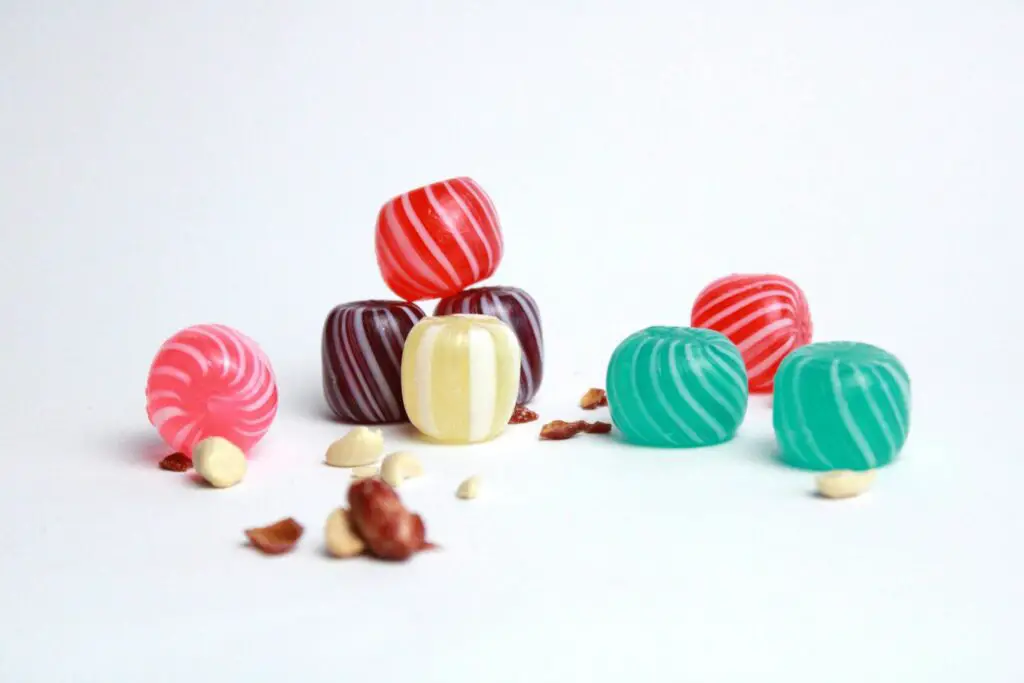
Chewing gum, especially mint, wakes up your senses. It boosts alertness, improves memory, and helps you focus. It also tricks your brain into thinking you’re doing something active, which can shake off a sleepy fog. Studies show that peppermint scent alone can perk up your mood and improve task performance. Keep a pack in your drawer for those mid-afternoon slumps.
Drink Cold Water with Lemon
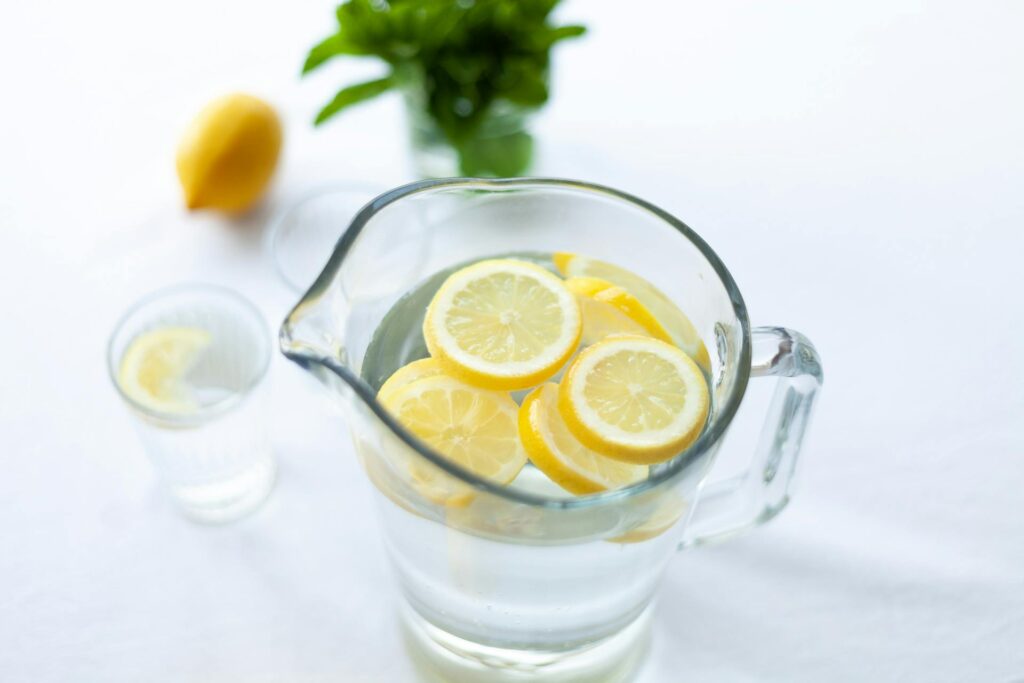
Dehydration is a sneaky energy thief. Most of us don’t drink enough water by the time the afternoon hits. A glass of cold water with lemon rehydrates you and gives you a clean, crisp jolt—no caffeine needed. Lemon adds flavor, plus a hit of vitamin C. The cold temp itself is a mild shock to the system that can make you feel sharper and more alert. It’s simple, but it works.
Stretch for Five Minutes

Your body gets stiff and your brain gets sluggish when you sit too long. A short stretch session wakes up your muscles and sends fresh blood to your brain. Try shoulder rolls, neck circles, or touching your toes. It doesn’t have to be fancy. Just getting up and moving resets your posture, eases tension, and gives you a small rush of feel-good hormones. It’s like a mini reset button for your body.
Listen to an Upbeat Song
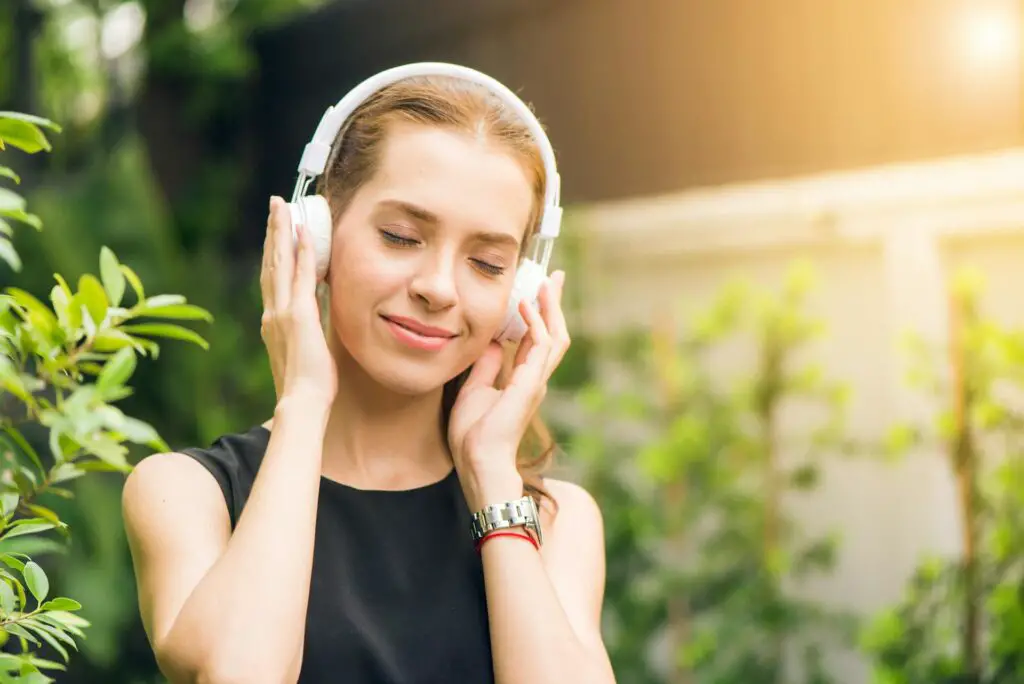
Music can lift your mood faster than almost anything. One fast-paced song—something you love and know by heart—can spark energy, reduce stress, and help you refocus. It works best with headphones or a quick dance break. Songs with 120–140 beats per minute mimic your heart rate when you’re alert and moving. Need a tip? Try anything by Queen, Beyoncé, or early 2000s pop.
Sniff Citrus or Peppermint Oil
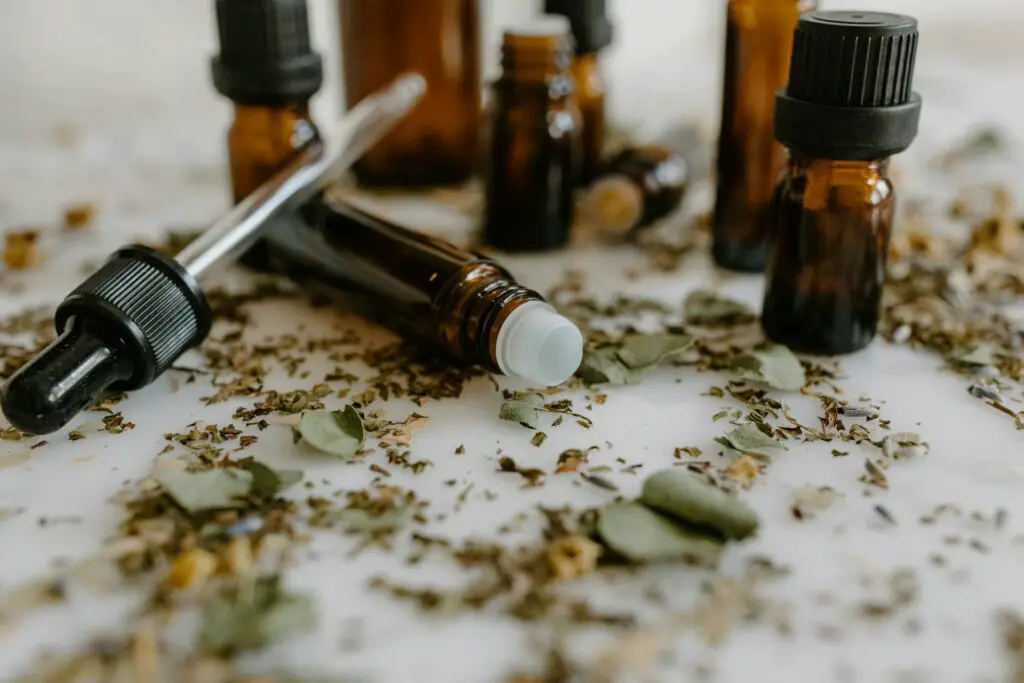
Your nose is wired to your brain’s alert system. Scents like citrus (orange, lemon, grapefruit) or peppermint can wake you up on the spot. Keep a small bottle of essential oil nearby and take a quick whiff when you feel a slump. If you don’t like oils, a fresh orange peel works too. These smells trigger the part of your brain that lifts mood and sharpens focus.
Do One Quick Task
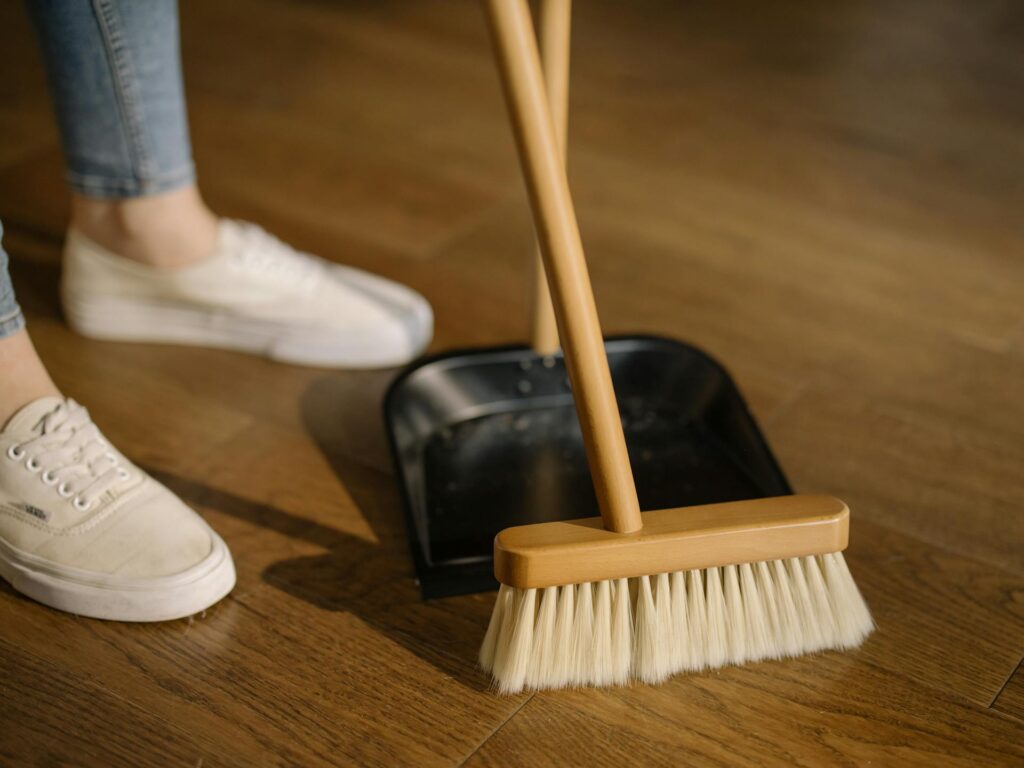
It sounds strange, but checking something off your to-do list—especially a small, simple task—can create momentum. It gives your brain a dose of dopamine, the “reward” chemical that helps you feel good and stay motivated. Think: sending a short email, wiping your desk, or deleting old files. The act of doing wakes up your brain and builds confidence. One small win leads to the next.
Conclusion

Afternoon slumps don’t always need a cup of coffee. With a few easy swaps, you can stay sharp, alert, and upbeat without the crash. The best part? These habits work fast, cost little, and often boost your health in other ways too. Try one—or mix a few—and see what clicks for you. Your body (and brain) will thank you later.
Leave a Reply